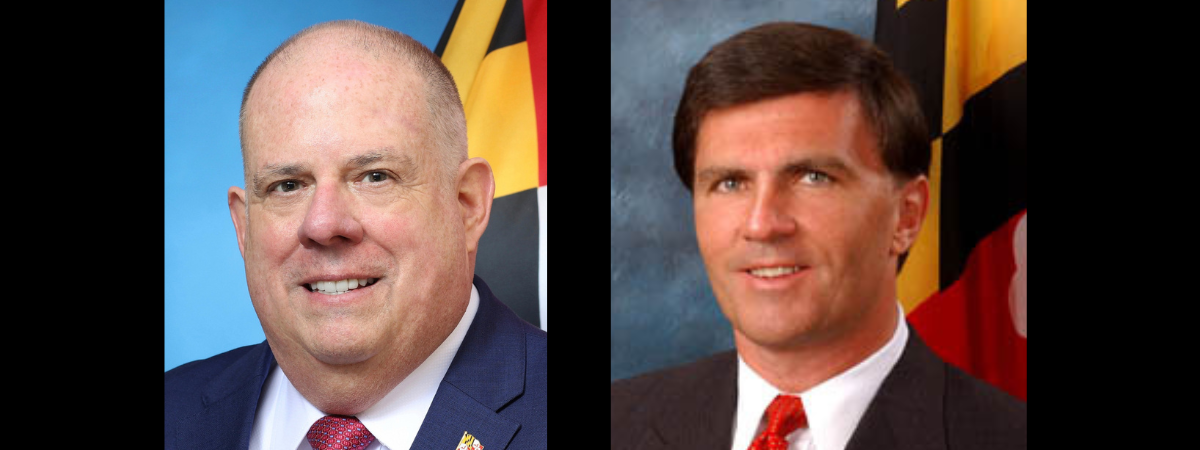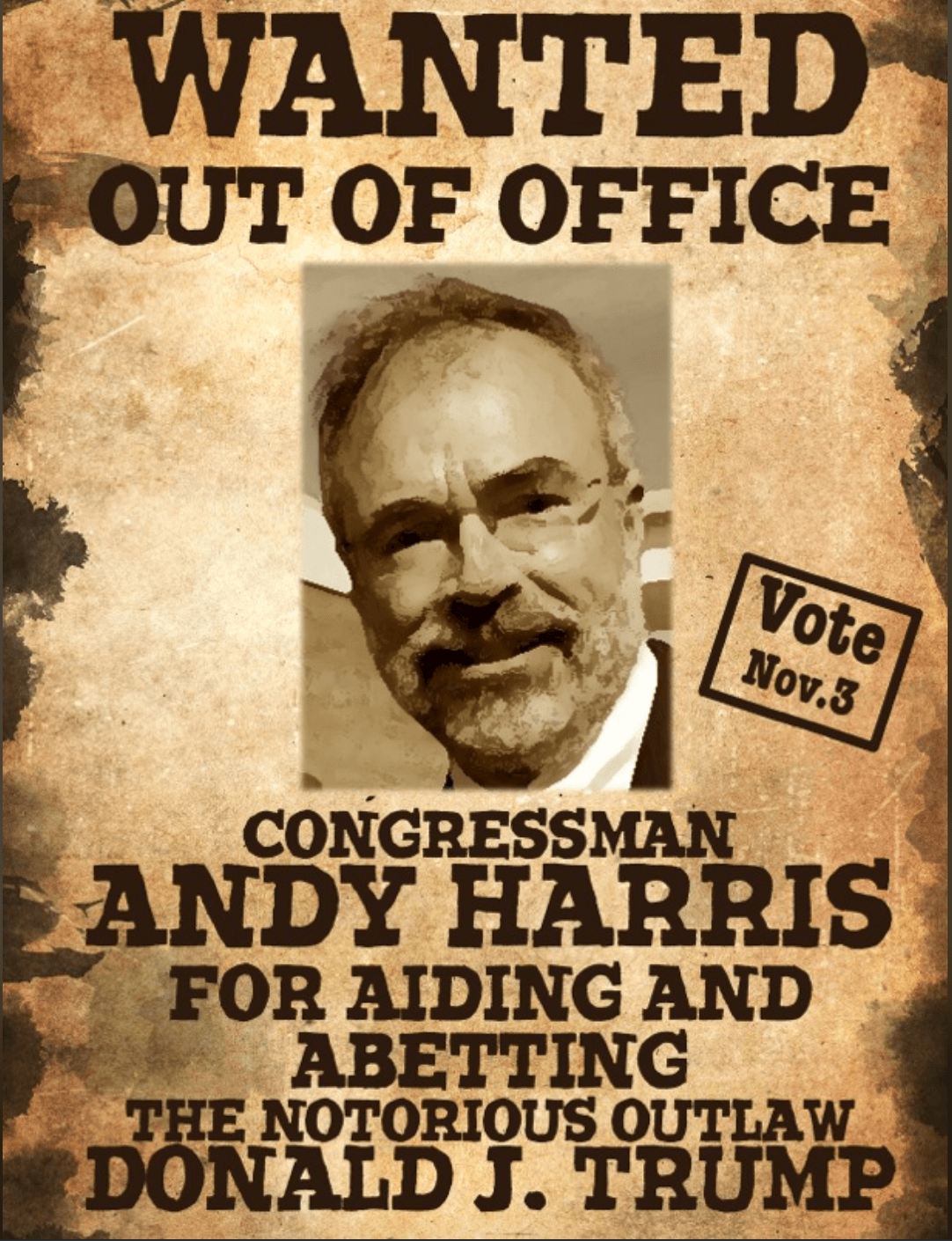Opinion: Andy Harris, Trump “Yes Man”
The first element of the Loyalty Index is voting record. Harris has voted with the president 93 percent of the time.
Since Trump’s inauguration in January 2017, there were only 13 bills — out of 180 — that Harris disagreed with Trump about. Harris voted No on nine funding bills (including two Farm Bills and two disaster relief bills) and a “compromise” immigration bill. He voted Yes to impose sanctions on Russia, Iran, and North Korea. And he disagreed with Trump on two FISA bills.
Harris voted against Trump five times in 2017, seven times in 2018, once in 2019, and no times in 2020, so he’s gotten increasingly more amenable to the president, as have many of Trump’s sycophants.
The second element of the Trump Loyalty Index is a gauge of how lawmakers reacted to seven of Trump’s more controversial moments. Rated on a scale of more critical to more supportive, the Axios index looked at public comments made on the record, shown below with Harris’ reactions characterized as to supportiveness. Harris was not critical of the president over any of these controversies.
Harris admitted in a tweet that Trump’s words in the Access Hollywood tape were wrong, but invoked “what about-ism” of both Bill and Hillary Clinton, and ended with a reminder that the prospect of Supreme Court appointments excused Trump’s behavior.
Harris released a statement in support of Trump’s Muslim travel ban, parroting the Trump administration claim that President Obama had identified the same countries as risks in 2015. However, as the Washington Post’s Fact Checker makes clear, the Obama list was to aid in identifying people who may have traveled to countries to be radicalized, and the Trump ban was singling out and banning travel by all people of a nationality.
Harris tweeted, “I strongly condemn the hatred and racism of white supremacists in Charlottesville,” but not until two days after the incident, and not until 20 minutes after Trump tweeted a similar sentiment.
Concerning the “shithole countries” remark, Harris reacted against the profanity, not the sentiment, and sought to excuse Trump’s use of profanity by issuing a list of names of other presidents who had used bad words.
Harris defended Trump’s “go back” statement, saying, “Clearly it’s not a racist statement.” Trump’s tweet — “Why don’t they go back and help fix the totally broken and crime infested places from which they came” — condemned four liberal congresswomen of color. Only one was not U.S.-born.
In an August telephone call, the president pressed Ukraine President Volodymyr Zelensky to dig up damaging information on the Bidens in return for $400 million in military aid that had already been allocated by Congress and a White House meeting. Trump was subsequently impeached for an abuse of presidential power in connection with this phone call. Harris issued a statement on the Zelensky call: “The transcript of the call is clear, and everyone should read it for themselves. Once again, no collusion.” The statement went on to call for Pelosi to cease the impeachment investigation due to lack of evidence. (Harris voted against both articles of impeachment.)
In June, federal officers used rubber bullets and tear gas against peaceful Black Lives Matter protesters in Lafayette Square to facilitate a presidential Bible photo op. Harris made no statements about this abuse of power. However, Salisbury Mayor Jacob Day remarked, “Every elected official right now has a responsibility to really do some pretty deep soul-searching. If you’re incapable of introspection at a time like this, even when it’s uncomfortable… then you probably don’t belong in office.”
Together, Harris’ voting record (93 percent with Trump) and public statements on Trump controversies (overwhelmingly supportive of the president), combine to generate a Trump Loyalty Index score of 88, and a four-way tie for fifth place in the Trump toady race to the bottom.
Unfortunately, Harris is favored to win in 2020. Let’s work to elect Mia Mason instead — she’ll think for herself and work for us.
Jan Plotczyk spent 25 years as a statistician with the federal government, at the Census Bureau and the National Center for Education Statistics. She retired to Rock Hall.
Common Sense for the Eastern Shore









